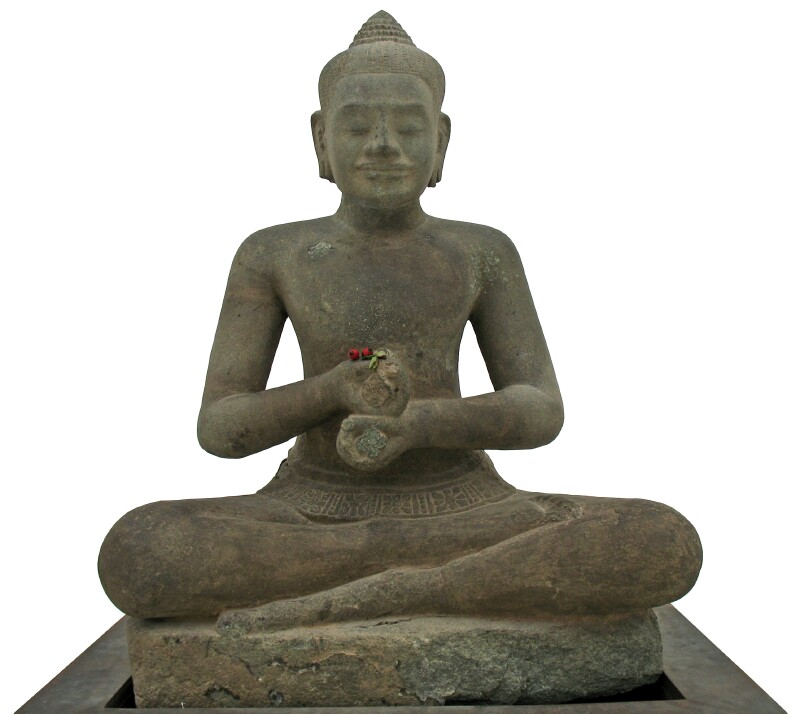African Americans can be particularly vulnerable to the challenges of mental illness
Sneed was diagnosed with early onset bipolar disorder and borderline personality disorder at the age of 13. She was academically gifted and graduated from high school and college early but struggled socially and emotionally. She sought mental health treatment for years.
Black Folks and Mental Health: Why Do We Suffer in Silence?
ByNIA HAMM
DESPITE DEVASTATING RATES OF SUICIDE AND ILLNESS, MANY AFRICAN AMERICANS CONTINUE WITHOUT THE HELP THEY NEED TO GET BETTER
With the exception of African American celebrities or public figures who experience mental trauma, such as Illinois Representative Jesse Jackson Jr., or commit suicide as in the death of hip-hop legend Chris Lighty, mental health remains largely absent from the public discourse in the Black community.
But the statistics are loud and clear. African Americans are 20% more likely to report having serious psychological distress than non-Hispanic Whites, according to the U.S. Department of Health and Human Services Office of Minority Services. Yet young adult African Americans, especially those with higher levels of education, are less likely to seek mental health services than their White counterparts, according to a study published by the American Psychological Association.
When the evidence proves African Americans are disproportionately more likely to experience circumstances that increase the chances of having a mental illness or challenge, it begs the question: why do so many African Americans suffer in silence?

